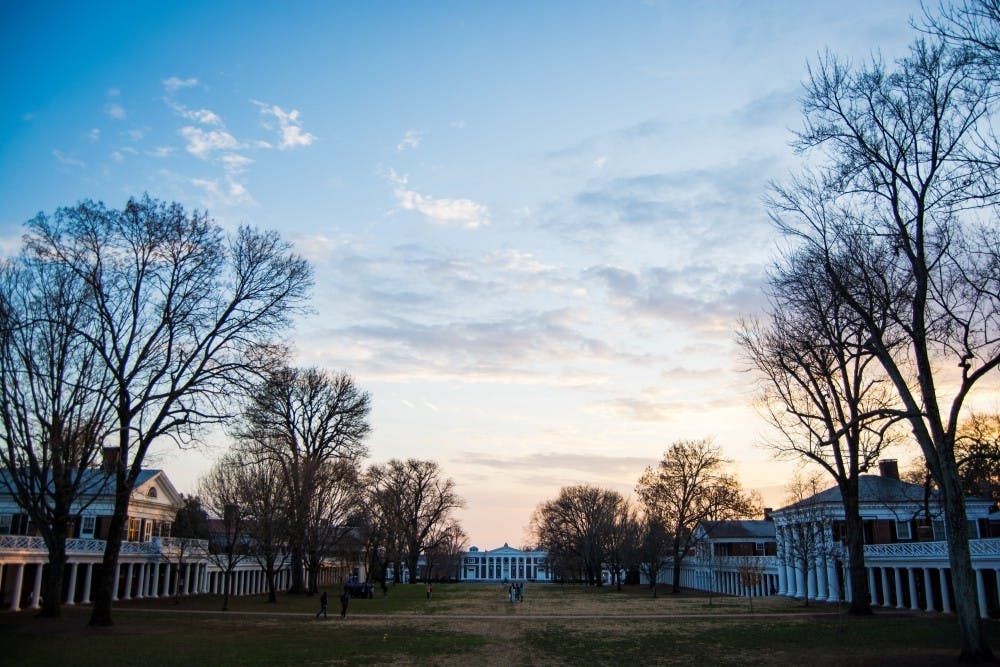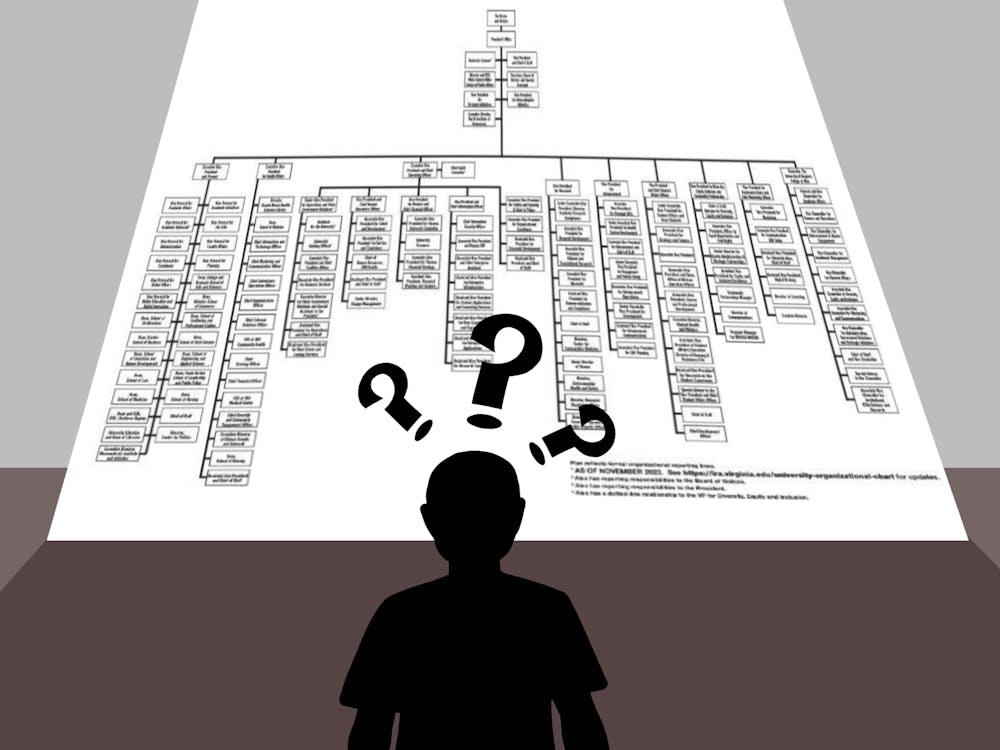In my first article for The Cavalier Daily, I wrote that the Charlottesville community should continue observing Founder’s Day. I was proud of that article and the nuance that I thought it came with. Simply put, I was wrong, and I’m ashamed I wrote it. A man who owned and raped his fellow human beings should not be honored with a day of remembrance or even statues in the middle of campus. As a university, we give credence to people who deserve no honor. We must work to be better.
As the President’s Commission of Slavery and the University found, U.Va. was an institution that thrived off of slavery. The commission wrote that slavery “was central to the project of designing, funding, building, and maintaining the school.” Jefferson’s own mission was to create an institution that taught young Virginians — specifically young white men — that slavery was something to be protected and defended. Jefferson himself owned more than 600 slaves. He also was an ardent believer in early forms of eugenics — believing that science proved that Black people were inferior in intellect, imagination and comprehension.
Jefferson’s idea of racial superiority came to evolve as the University did. As slavery was outlawed with the 13th amendment, the South and the University needed to transform its racism. Paul Barringer, who had a wing of the U.Va. Health Center named after him until 2019, said that because of emancipation, Black people were resorting to “savagery.” He helped turn the University into a safe haven for racist pseudoscience and eugenics. U.Va. passed on the idea of eugenics to students, professors and even political leaders. Students who were taught eugenics at U.Va. entered the highest levels of office. Hugh Cumming, a eugenics student at U.Va., was even appointed Surgeon General and was the architect behind the Tuskegee Syphilis Study that intentionally infected Black men with syphilis. These horrible men helped create a system through which 7,325 Virginians were sterilized by force. Even their contemporaries knew they were horrible people. The Richmond Planet characterized Barringer as a “monstrosity” and criticized U.Va.’s exclusion of Black students and professors.
While it may be easier to dismiss this brand of racism as a time long gone, it still exists. Richard Spencer and Jason Kessler, organizers of the 2017 Unite the Right rally in Charlottesville, are both U.Va. alumni. They espouse the same ideas that those eugenicists and founders who created the University. Professor Kirt von Daacke even told The Atlantic, “What we forget is when neo-Nazis marched on our university to claim Thomas Jefferson as theirs, he is theirs too.” I don’t think every U.Va. student is a raging white supremacist — but I think a lot of students participate in and encourage a cycle of abuse towards students of color.
In 2017, Martese Johnson wrote a letter to incoming students of color, warning them of the abuse they would receive simply because of what they looked like. His experience with racism at U.Va. was not unique. When Zeta Phi Beta, a historically Black sorority, painted Beta Bridge in 2019 with a message honoring its founding, the bridge was vandalized with a white-supremacist slogan. And U.Va. students wore blackface to frat parties into the early 2000s. These racist incidents continue — and they’re not isolated. They’re a product of a community that tolerates racism.
We honor men and perpetuate myths about the people who shaped this university. Doing so upholds their legacy of racism and hate. We don’t need statues of slaveholders or buildings and roads dedicated to eugenicists. Instead, we need to acknowledge the complicated fact that the University we attend is rooted in hate. But it doesn’t have to be. The first step to solving any problem is admitting there is one. The University of Virginia is a racist institution. It doesn’t have to be. Sitting in denial of its racist past and recent racist incidents only serve to perpetuate a horrifying cycle of abuse towards students of color. If we finally acknowledge the failings of our school, we can work to solve them. The University’s Racial Equity Task Force has already outlined 12 key steps it can take to remedy some of U.Va.’s failures. But the work cannot fall on the University alone. The student body and the community can learn to move forward and make this a place where hate is not tolerated.
Jeremy Siegel is an Opinion Columnist for The Cavalier Daily. He can be reached at opinion@cavalierdaily.com.
The opinions expressed in this column are not necessarily those of The Cavalier Daily. Columns represent the views of the authors alone.





